|
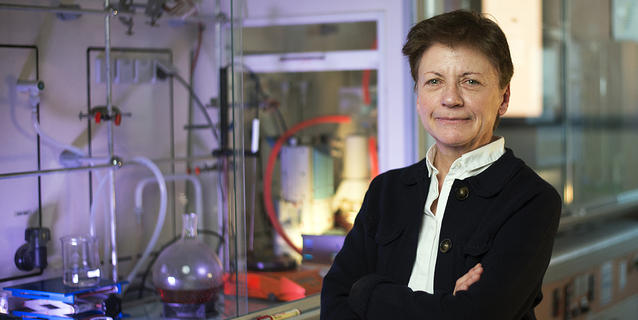 |
|
|
|
|
Claude Grison, bio-inspired green chemist
|
|
02.16.2023 |
|
Portrait
Meet chemist Claude Grison, whose stroke of genius has earned her the European Inventor Award 2022. Taking inspiration from the world of biology, this French researcher has developed plant-based methods to clean up polluted soils and water. And that's not all: the metals recovered in this way can serve as environmentally-friendly catalysts for the synthesis of drugs and cosmetic products.
|
|
Read the article
|
|
|
|
|
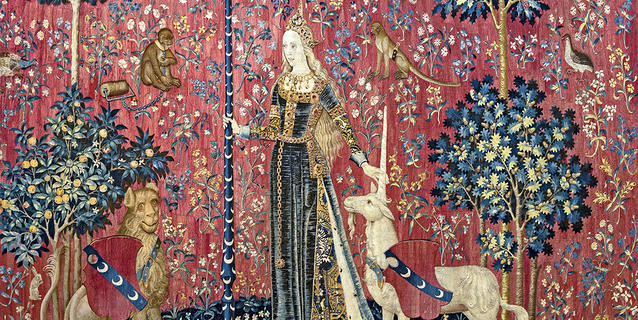 |
|
|
|
|
The true colours of the Lady and the Unicorn
|
|
02.16.2023
|
|
Art history
The Lady and the Unicorn is the mysterious and must-see masterpiece at the Cluny Museum, in Paris. Little is known about these six impressive tapestries, apart from the fact that significant colour differences can be observed in the weaving. With cutting-edge measuring devices that scan the wall hangings on-site, then at the Archaeoscience laboratory in Bordeaux (southwestern France), researchers try to determine which dyes...
|
|
Watch the video
|
|
|
|
|
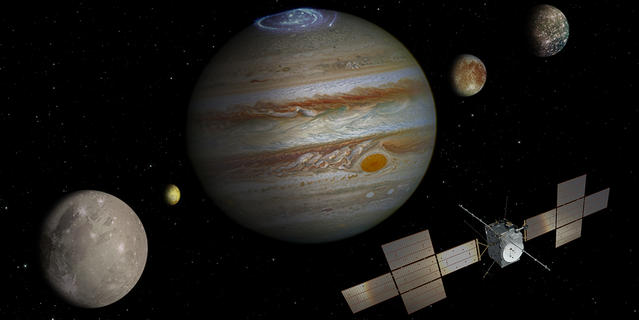 |
|
|
|
|
Heading for Jupiter
|
|
02.27.2023 |
|
astrophysics
JUICE, the first European-led space mission to Jupiter, is scheduled to launch in April. The aim of this major undertaking is to explore the gas giant and its icy moons.
|
|
Read the article
|
|
|
|
|
|
Also this month
|
 |
|
|
|
When the cloud gets closer
|
|
02.09.2023 |
|
Computer science Fog computing, which is based on reduced computing resources situated as close to users as possible, can avoid reliance on large data centres. This approach is particularly adapted to the Internet of Things and systems requiring immediate computing.
|
|
Read the article
|
|
|
|
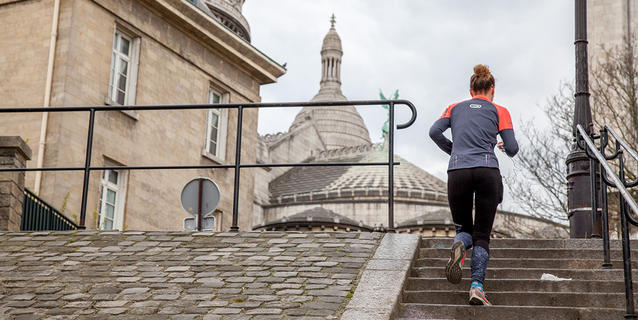 |
|
|
|
Women and the city
|
|
02.13.2023 |
|
Urban studies Is the city a neutral place? The answer, according to geographers, is a resounding “no”. Conceived by men, the city is a male space that disadvantages women every day. From urban design to public facilities, not to mention sexual harassment, the streets are paved with gender inequalities.
|
|
Read the article
|
|
|
|
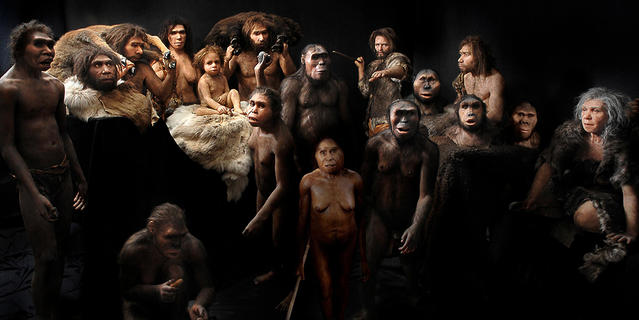 |
|
|
|
Shedding new light on the adventure of humanity
|
|
02.09.2023 |
|
Interview Why did Homo sapiens get itchy feet, ultimately colonising the entire planet? How have cultural factors influenced our genetic makeup? The geneticist and anthropologist Évelyne Heyer recounts the adventure of humanity across time and space, in light of the latest findings in genetics.
|
|
Read the article
|
|
|
|
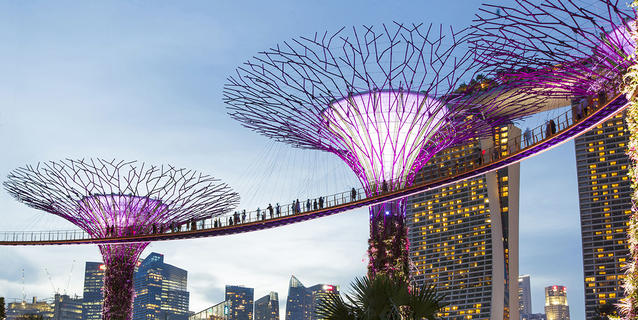 |
|
|
|
Urban planet
|
|
02.21.2023 |
|
Urban studies Now a worldwide phenomenon, urbanisation keeps gaining ground, transforming our landscapes as well as our lifestyles and social organisation. By 2050 the world’s urban population will have increased 30-fold compared with 1900, and cities will represent 2% of the surface of the planet. A situation... |
|
Read the article
|
|
|
|
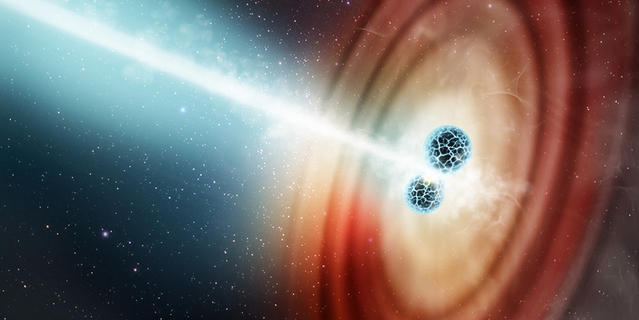 |
|
|
|
Fusion in stars reproduced in the lab
|
|
02.21.2023 |
|
Nuclear physics Using a novel experimental protocol, scientists are shedding fresh light on nuclear fusion reactions in stars. This will affect theories of stellar evolution and of the abundance of elements in the Universe, explains physicist Sandrine Courtin.
|
|
Read the article
|
|
|
|
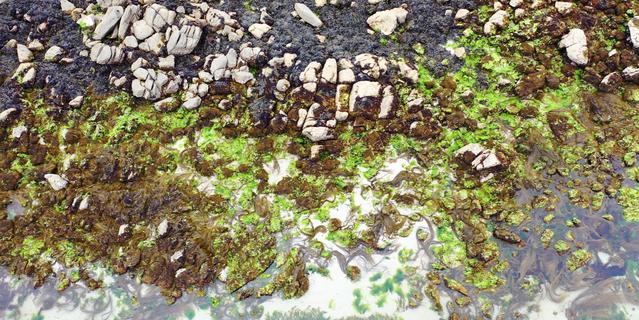 |
|
|
|
How do baby algae come into being ?
|
|
02.23.2023
|
|
Marine biology The biological station at Roscoff in Brittany (northwestern France), which was founded 150 years ago, on 20th August 1872, still serves as a reference for the study of marine life. This is evidenced by a major discovery that made the headlines of the journal Science in late July 2022:... |
|
Watch the video
|
|
|
|
|
|
|